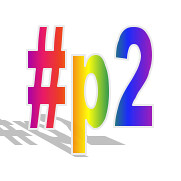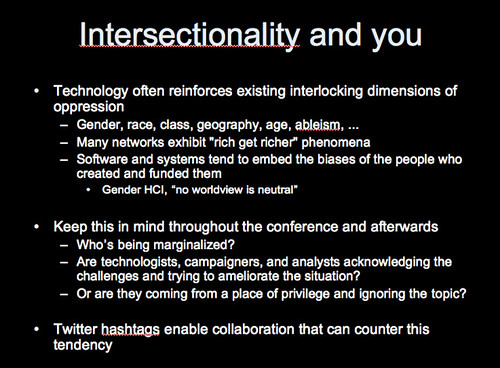The NWEN First Look Forum: early-bird advice
Update: the final deadline is August 23.
Rebecca Lovell’s The Art of the One-Page App has some very helpful advice
Don’t delay! Apply today!
If you’ve launched an innovative business with growth potential….
- And you’re looking for expert coaching and some exposure to the investment community….
- And you have not yet presented your plan to an angel group membership or VC partnership…
…then NWEN’s First Look Forum could be the perfect opportunity for you!
Indeed! Dog food, e-forks and other ideas in TechFlash, Software Vs. Medical Startups: Online Travel Is the Winner in XConomy , Why We’re Shouting “Thank You” from the Rooftops, and For the Love of the Craft on Qworky’s blog tell the story of April’s finals, where Mikal’s awesome 5-minute presentation got Qworky to the top five. We also participated last fall, when we made it to the round of 20 and got some great feedback, calibration, and connections. It’s a great event, and was really worth the time and energy we invested.
The next FLF is fast approaching, and the application deadline is August 18 has been extended to August 23. Submitting by the early-bird deadline of August 2 gives an extra round of feedback and a bonus shmoozing opportunity at the “Early-bird reception”. If you’re potentially seeking for angel funding in the next six months or so, it’s worth investing the time to put together a one-page executive summary. The application form and the full schedule are on NWEN’s site.
Event chair Rochelle Whelan and NWEN executive director Rebecca Lovell asked me to be part of the volunteer organizing committee to represent the entrepeneurs’ perspective. My pleasure! And when I think back on my perspective back when Sally, Mikal, and I were first thinking about applying application, the word that springs to mind is “uncertain”: did it make sense for us to participate?  If we went for it, how to maximize the value we get from participating and our chances of doing well? Presumably others are in the same boat.
So I’d like to pass on some excellent advice we got from our advisors and a learning from our own experience. And if other past participants have suggestions, please drop them in the comments.





